Hungary, famous for its rich history, astonishing architecture, and natural thermal spas, attracts travelers seeking Central European culture. Prepare for a seamless and memorable vacation if your summer plans include Budapest, Eger’s Vineyard Hills, or Lake Balaton. This comprehensive guide covers critical factors when traveling to Hungary this summer, maximizing your time in this beautiful country.
Factors To Remember Before Traveling To Hungary
Before planning your trip to Hungary this summer, there are several factors you should take into consideration.
Visa And Travel Documents
Securing the appropriate visa and having the necessary travel documents is the first step toward a worry-free experience. Here’s what you need to know:
Understanding Visa Requirements
Most visitors to Hungary require a visa, except for EU and EEA citizens. Visa type (short-stay Schengen or long-stay national) depends on visit duration and purpose. Check the Hungarian embassy’s website for current details.
Gathering Travel Documents
You will require a valid passport that does not expire for at least six months from your planned return date. Additionally, you may need to provide:
- A filled-out visa application form
- Passport-sized photos
- Proof of travel insurance
- Itinerary details
Start preparing these documents in advance, as visa processing times can vary. Keep physical and digital copies handy during your trip for review by border officials.
Currency And Exchange Rates
Navigating the local currency and exchange rates is crucial to managing your finances in Hungary.
The Hungarian Forint (HUF)
The official currency in Hungary is the Hungarian Forint (HUF). While some establishments might accept euros, having forints for smaller purchases and expenses is best.
Exchange Rate Considerations
For the best rates, skip airport or tourist center currency exchanges. Opt for ATMs or city exchange offices; watch out for high fees. Know the current rate to stay within reach.
Tips for Handling Money
Carry moderate cash for daily expenses and use credit cards for more significant transactions. Beware of pickpockets in crowded areas. Notify your bank of travel plans to avoid card blocks.
Weather And Packing Tips
Understanding the weather conditions and packing appropriately will enhance your comfort during the trip.
Summer Weather in Hungary
Hungarian summers are typically warm, with occasional showers or thunderstorms. Temperatures can rise to high 80s and 90s Fahrenheit (30s Celsius).
Essential Items to Pack
Pack light, breathable clothes suitable for hot weather. Include a mix of casual wear for daytime activities and slightly more formal attire for evening events or dinners. You can also pack Mushroom Gummies into your essential kit, as they will add fun and flavor to your vacation.
Don’t forget:
- Sunglasses and a wide-brimmed hat
- Sunscreen and insect repellent
- Comfortable walking shoes for sightseeing
- An umbrella or a foldable raincoat
Pack any medications you need and a power adapter to keep your devices charged.
Language And Communication
While Hungarian is the predominant language, here’s how to ensure effective communication:
Common Hungarian Phrases
Learning basic Hungarian phrases can go a long way in engaging with locals and showing respect for their culture.
Language Tips
While Hungarian can be challenging, don’t lose heart. Young Hungarians often speak English, especially in tourist spots. Offline translation apps can help with quick communication.
Easy Communication Options
Carry a phrasebook or use a language app for quick reference. Pointing at words can bridge communication gaps. Stay patient and smile; kindness and positivity speak universally.
Transportation And Getting Around
Efficient transportation can make or break your trip. Here’s how to get to your destinations within Hungary.
Public Transport in Hungary
Budapest has an excellent public transport system with metro, bus, and tram services. Get a travel card or single tickets for your stay. The countryside has trains and buses linking major cities and tourist spots.
Car Rental
To explore the picturesque countryside at your own pace, rent a car. Expect toll roads and parking fees. Hungary drives on the right; you might need an international driving permit if not from the EU/EEA.
Travel Tips Within Hungary
Plan your route and consider traffic conditions and road closures. Apps like Google Maps and Waze offer navigational assistance. Validate your ticket in the designated machines for public transport to avoid fines.
Accommodation And Booking
Choosing suitable accommodation can contribute significantly to your overall travel experience.
Types of Accommodation in Hungary
Hungary provides accommodations, including luxury hotels in Budapest and cozy bed and breakfasts in the countryside. Hostels and rental apartments are great for budget travelers or those seeking a local experience.
Booking Platforms and Tips
Use trusted booking sites for a range of options and transparent prices. Filter based on your preferences – location, amenities, or budget. Check reviews to verify the accommodation meets your needs.
Budgeting for Accommodation
Accommodation costs can vary, with Budapest being more expensive than other parts of the country. Set a budget and remember a few cost effective tips to book well in advance, especially during tourist seasons, to secure the best deals.
Health And Safety
Your well-being is paramount. Here are some crucial health and safety factors to consider.
Health Insurance and Safety Precautions
Ensure your travel insurance covers medical emergencies, including repatriation. Pack a basic first-aid kit for minor needs. Follow standard travel health tips like staying hydrated and sun protection.
Emergency Contacts and Medical Facilities
Know the emergency numbers in Hungary for ambulances. Major cities offer Western-standard medical facilities.
Local Traditions And Etiquette
Understanding and respecting local traditions and etiquette is a mark of a conscientious traveler.
Cultural Norms and Traditions
Hungarians cherish their history and culture. Respect churches and historical sites. Learn Hungarian customs, such as greeting friends with a kiss on the cheek and removing outdoor shoes before entering homes.
Etiquette Guidelines
Hungarians value punctuality and may find it rude if you’re late. When dining, wait for the host to eat and stick to casual topics. Only visit a bathhouse if you know the accepted behavior.
Dos and Don’ts
Stand for the national anthem in public areas. Avoid raising your voice or using aggressive gestures, as Hungarians prefer a more reserved communication style. When unsure, observe and follow locals’ lead.
Conclusion
Consider these factors before your summer trip to Hungary for an incredible travel experience. Get the proper visas, money, and documents, understand local customs and language, and prepare for weather and health. Planning is essential, but it leaves space for spontaneity and unexpected discoveries. Enjoy your trip!
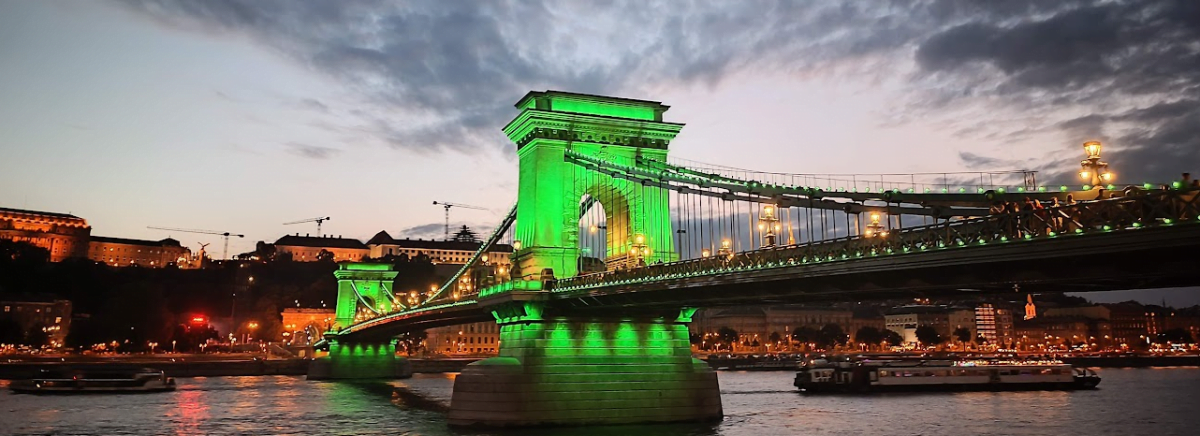
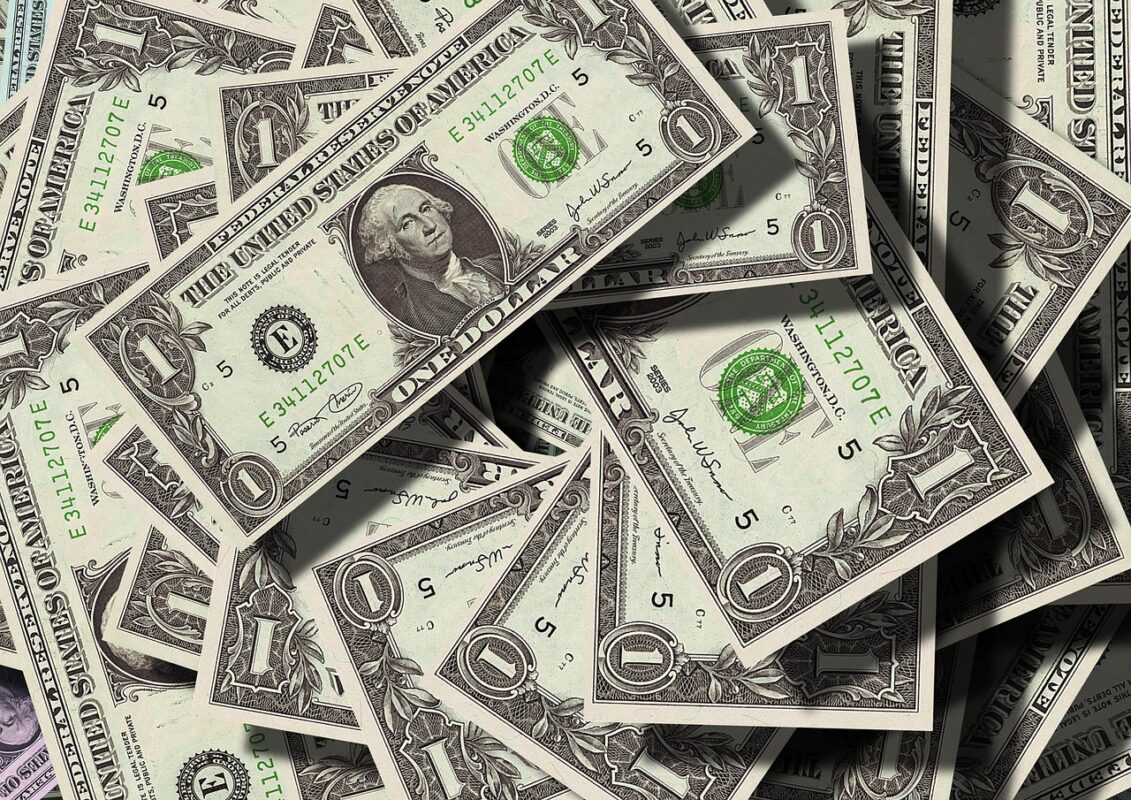
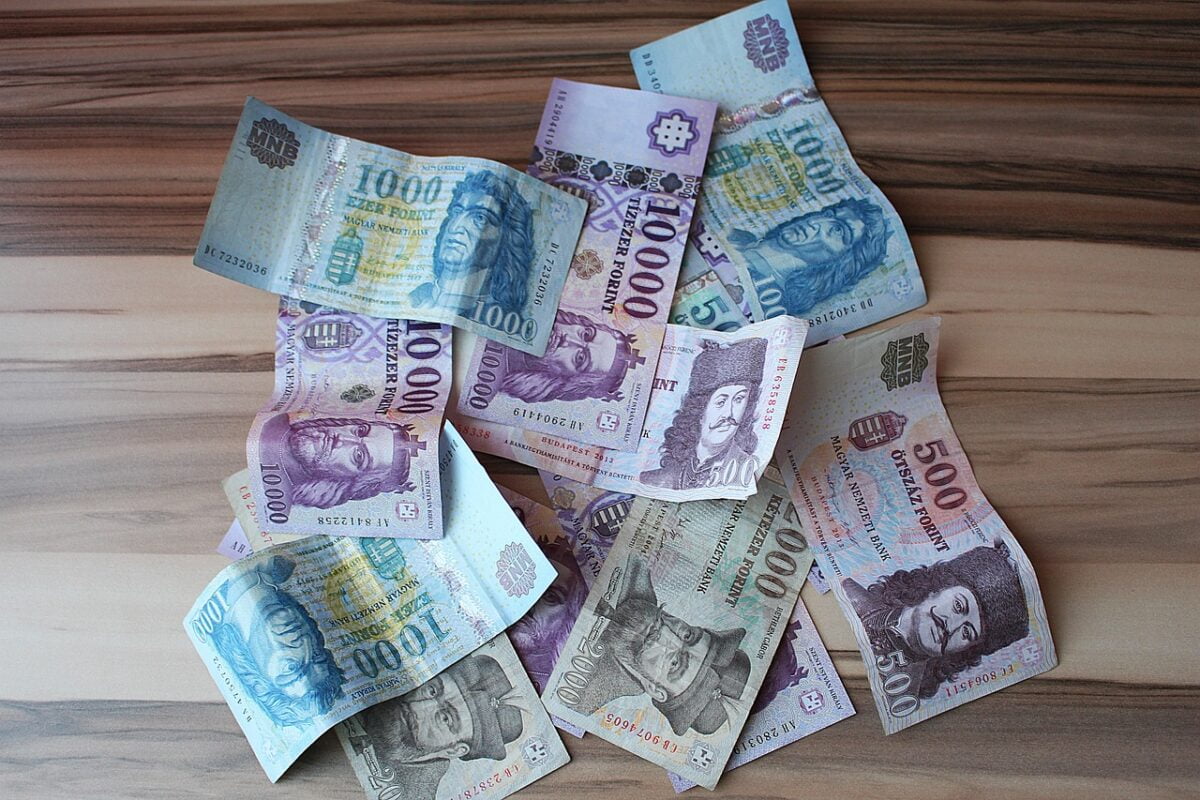

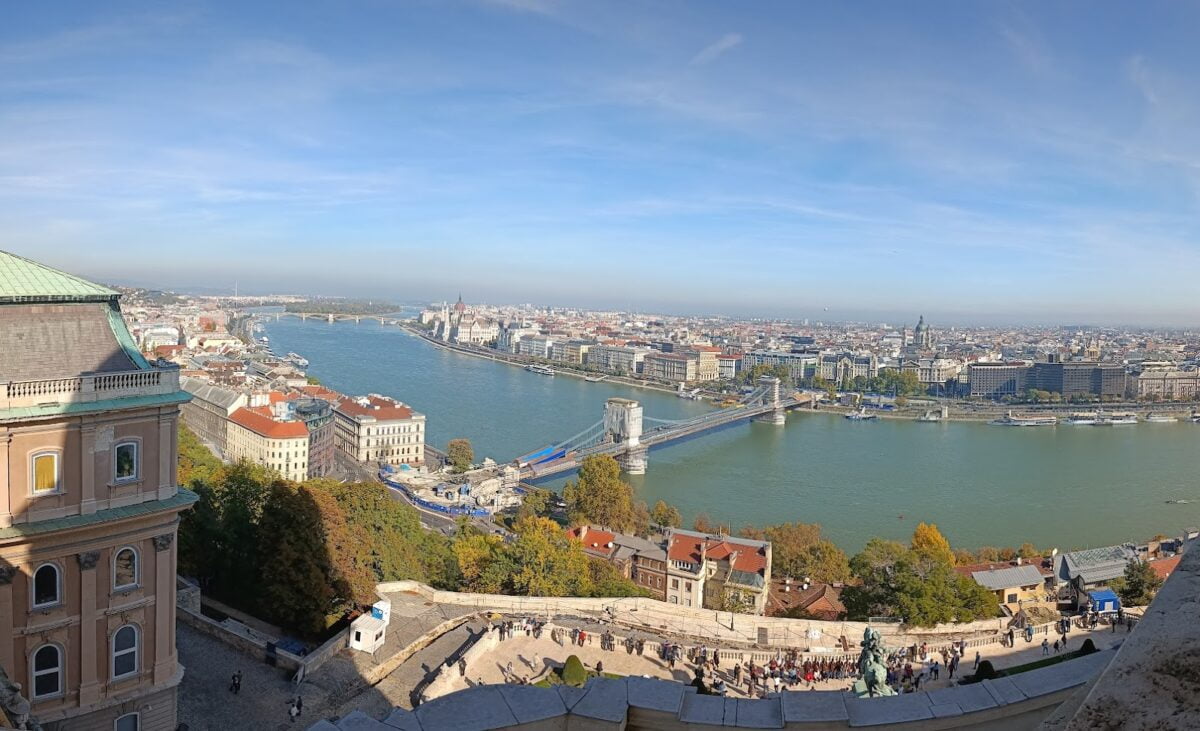
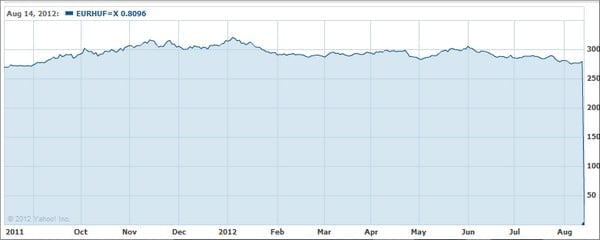
 First of all thank you for your question. Considering the fact that you will arrive from the UK Budapest will seem quite a lot cheaper than what you are used to, but not at all super cheap. One of the big differences is the hotel prices, as you in Budapest can get a room in a five star hotel for around 100 Euro per night, much, much cheaper than in large UK cities such as London, Dublin (ops… not in UK, but in Ireland) and so on. If you go for a hotel with three or four stars you can get even prices around 50-70 Euro per night.
First of all thank you for your question. Considering the fact that you will arrive from the UK Budapest will seem quite a lot cheaper than what you are used to, but not at all super cheap. One of the big differences is the hotel prices, as you in Budapest can get a room in a five star hotel for around 100 Euro per night, much, much cheaper than in large UK cities such as London, Dublin (ops… not in UK, but in Ireland) and so on. If you go for a hotel with three or four stars you can get even prices around 50-70 Euro per night.



